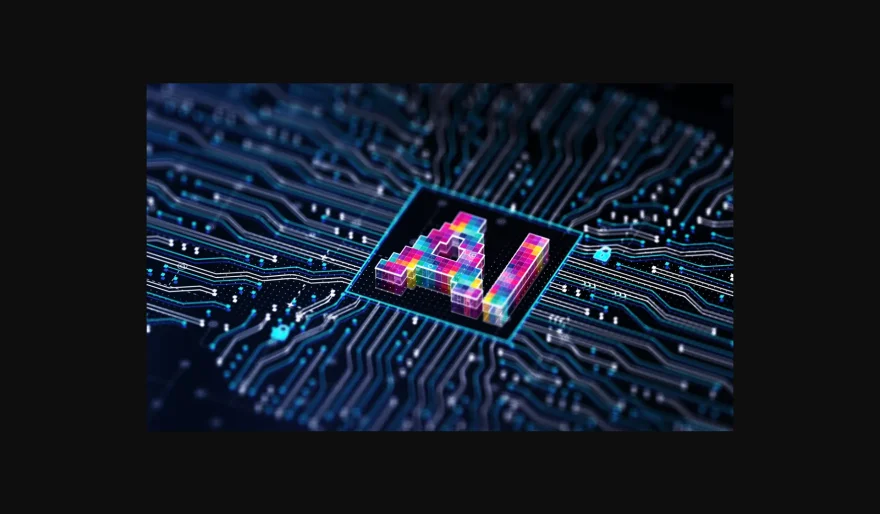Stay Ahead of the Curve
Latest AI news, expert analysis, bold opinions, and key trends — delivered to your inbox.
Malaysia Launches First Edge AI Chip: SkyeChip MARS1000
5 min read SkyeChip unveils MARS1000, the nation’s first edge AI processor — enabling faster, localized AI for smart cities, manufacturing & healthcare, while cutting cloud dependence. August 27, 2025 17:02
Malaysia just planted its flag on the global AI map. SkyeChip, a local chip design innovator, has unveiled the MARS1000 — the country’s first edge AI processor, signaling a shift from being just a semiconductor hub to an emerging AI hardware contender.
What Makes the MARS1000 Special?
Unlike the Nvidia H100 or other cloud-dominant GPUs powering massive data centers, the MARS1000 is built for edge AI — intelligence at the source. Think autonomous drones, factory robots, smart traffic systems, and real-time medical diagnostics.
Edge AI chips handle machine learning inference — the “thinking” phase of AI — directly where data is generated. This cuts out the lag of cloud communication, reduces bandwidth costs, strengthens privacy (data stays local), and consumes far less power.
While it won’t rival Nvidia in raw horsepower, the MARS1000’s strength lies in agility, efficiency, and localized AI capability.
The Strategic Play Behind This Launch
Malaysia is no stranger to chips — it’s already a key player in semiconductor assembly and testing. But with the launch of its National AI Office in late 2024, the country began pivoting toward AI sovereignty — creating policies for ethical AI, regulatory frameworks, and acceleration programs.
SkyeChip’s MARS1000 fits right into this vision. It represents a step toward technological independence while positioning Malaysia as a go-to hub for edge AI hardware in Southeast Asia.
Geopolitics in the Background
This move comes at a delicate time: U.S. authorities have floated the idea of restricting advanced AI chip exports to Malaysia and Thailand to prevent smuggling to China. In July, Malaysia responded with a mandatory 30-day pre-notification rule for exporting or transshipping U.S.-made AI chips.
The MARS1000, however, being domestically designed, may give Malaysia more breathing space — less reliance on Western supply chains and a stronger bargaining position in the global chip chessboard.
The Future Landscape with MARS1000
In the near term, expect this chip to power smart city pilots, energy management grids, next-gen surveillance, and industrial IoT platforms across the region.
But the long game is more profound:
-
AI democratization — affordable edge AI hardware accessible to developing nations.
-
Strategic autonomy — Southeast Asia carving out its own niche in the AI race.
-
Market disruption — the narrative shifting from “bigger is better” to “specialized and efficient wins at scale.”
Why This Matters for the AI Industry
-
Today: It expands the AI hardware ecosystem beyond the U.S.–China duopoly, creating alternative sources for localized AI processing.
-
Tomorrow: If replicated across the region, it could spark a wave of AI self-reliance initiatives, especially in nations caught in the crossfire of export controls.
MARS1000 isn’t about raw dominance — it’s about strategic relevance in an AI future that demands both centralized powerhouses and nimble edge players.



















 AI Agents
AI Agents